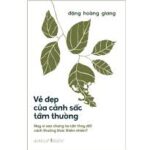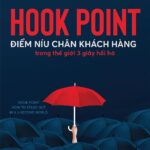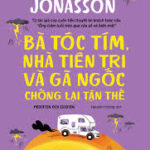“One worrisome aspect of globalization today is the development and spread of problems across the world: competition, resources, global wars, pollution, diseases, human migration… Understanding the effective or ineffective changes of the past can guide us toward success.”
Geography, along with history, strongly impacts human societies. Upheaval by Jared Diamond is a must-read for those interested in history, geography, and how nations overcome crises to survive and thrive. Diamond, a renowned scientist known for his interdisciplinary analysis, applies this approach once again to examine the most challenging times faced by countries around the world. The book provides a sharp perspective and comprehensive view of how individuals, societies, and nations navigate major upheavals to find solutions.
“It is not circumstances that determine fate, but how we respond to those circumstances.”
Using a narrative and qualitative approach, Diamond outlines 12 key characteristics based on his knowledge of seven countries (Finland, Japan, Chile, Indonesia, Germany, Australia, and the U.S.):
Acknowledging the crisis
Taking responsibility
Building protective measures/ selective changes
Seeking assistance
Learning from other countries’ models
National identity
Honest self-assessment
Practical experience from past national crises
Patience with national failures
National flexibility according to circumstances
Core values of the nation
Freedom from geopolitical disadvantages
Diamond skillfully blends historical analysis with specific examples from countries such as Finland, Japan, Germany, and Chile to illustrate essential lessons. Each case is detailed with a mix of extensive research and personal insight, helping readers not only grasp the history but also see the parallels with current global challenges.
“Upheaval is not a threat but an opportunity for us to test and grow.” The author emphasizes that nations often overcome their greatest crises when they are willing to face issues, admit mistakes, and have wise leadership. This is when they learn to cooperate, seek innovative solutions, and build a more resilient future.







